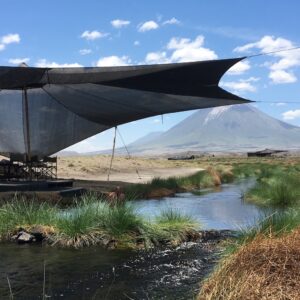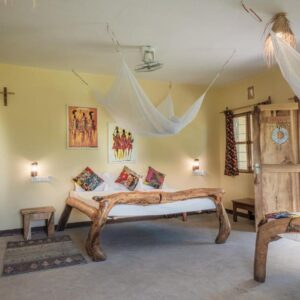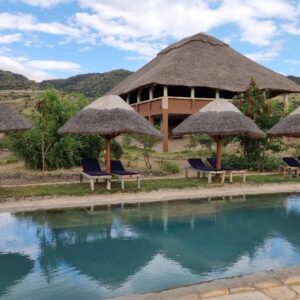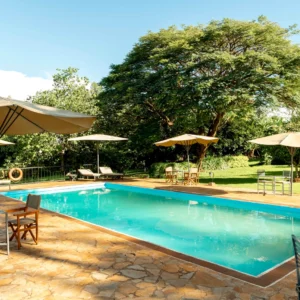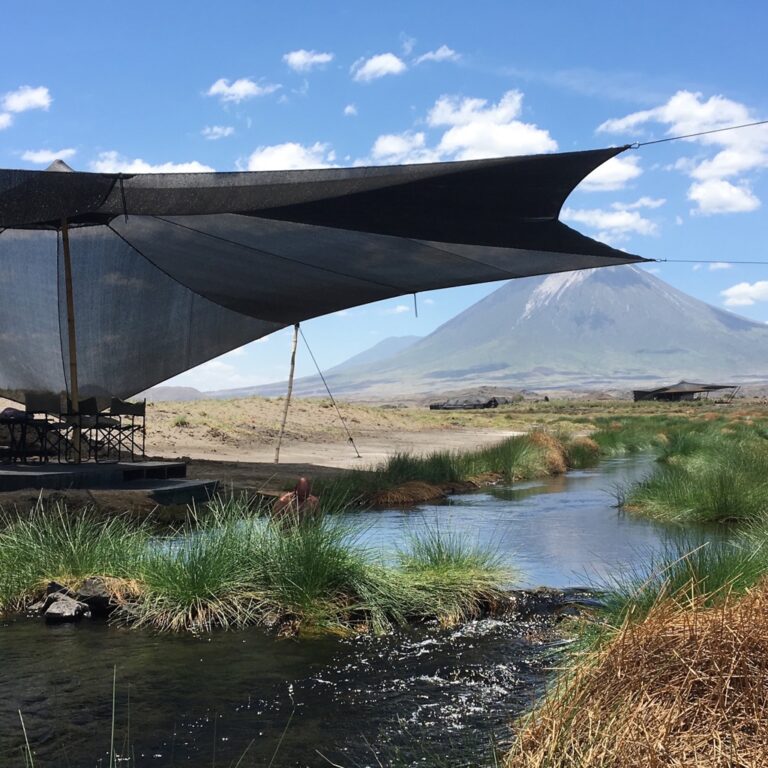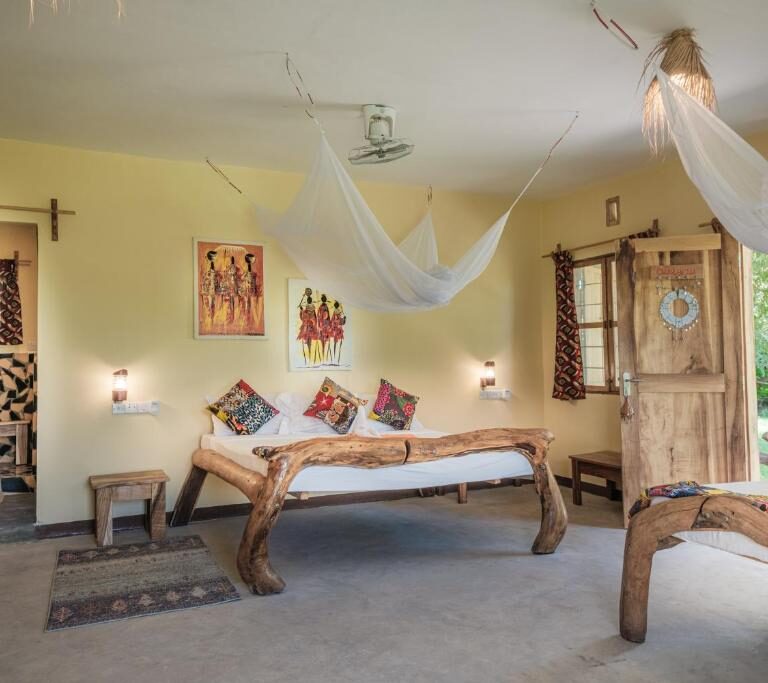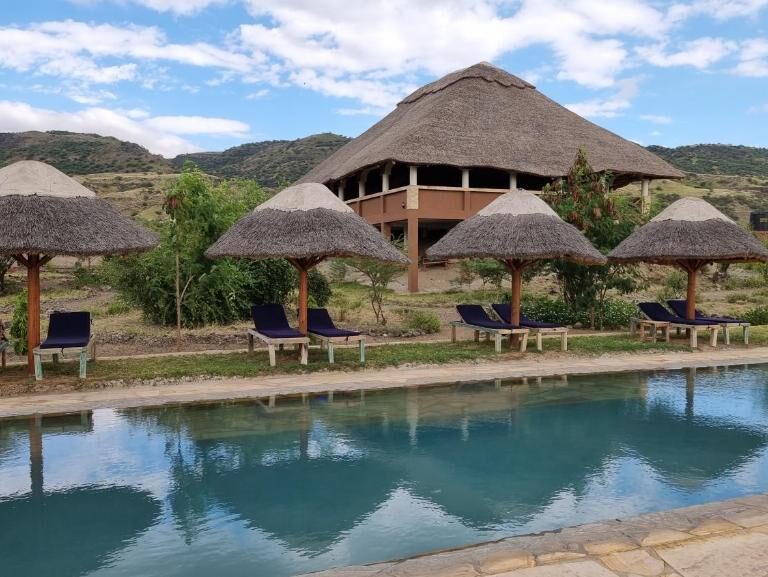Africa is the world’s second-largest continent after Asia. Africa’s population is the youngest among all the continents. Africa consists of 54 countries. Centuries ago, Africa was called “The Dark Continent” by European explorers. Africa covers approximately 20% of the Earth’s surface and is home to nearly 1.4 billion people. Africa has a vast range of landscapes, including deserts, rainforests, mountains, and green lakes. Despite its extensive resources, many people in Africa cite poverty, unemployment, debt, and political instability as their concerns. The whole of Africa is composed of ancient crystalline rocks. The north-west side includes the desert and North Africa, which is a mountainous region.
A Continent of Unmatched Diversity
Africa is a land of extraordinary contrasts, offering an unmatched range of experiences, cultures, and landscapes. From the golden friends of Sahara to the green rainforest of the Congo and from the snow covered takes of mountains to the colourful coastline of Indian and Atlantic oceans the continent offers exceptional range of landscapes people of Africa also equally diverse about 2000 languages are spoken in Africa there ethnic groups traditions and belief system reflect The deep and old heritage Africa is the birthplace of humanity and home to great civilization today its booming cities artistic expressions and innovation and technology showcase a continent rise Africa truly stands as a symbol of global richness.
Rich History and Ancient Civilisation
Africa is a continent full of rich history and home to some of the most ancient civilization,s from the Great pyramids of Egypt and the advance knowledge of mathematics and architecture process by the ancient egyptians to the mighty empires of West Africa like Ghana and Songhai that flourished on trade culture and learning African historical legacy. Timbuktu is the centre of knowledge; it has vast libraries and attracts libraries from across the Islamic world. The Civilisation not only highlights Africa’s innovation and resilience but also its Central role in the development of global heritage.
Hidden Gems Waiting to be Discovered
Except it’s famous beacon and Safaris Africa is complete with hidden gems waiting to be discovered by curious travellers and history lovers from the surreal landscapes in Ethiopia to the unrest wide send beaches the continent offers countless of the beaten path wonders ancient rock hewn churches in lalibela the doggone villages in mali Africa rich culture and nature diversity beyond the terrestrial trail whether it is the colourful local market sacred forest of secret waterfalls tucked within mountaineers regions Africa holds treasure that remain unexplored by many. These hidden gems not only offer breathtaking beauty but also provide a deeper, more personal connection to the heart of the continent. There are so many famous landmarks in South Africa, like Table Mountain, Robben Island, and the Cradle of Humankind.
A Taste of African Flavours to Remember
African cuisine is vibrant and varied, with each region offering unique flavours and culinary traditions. West Africa is known for dishes like jollof rice, fufu, and suya. North Africa’s features include various stews. East Africa is known for dishes like maize porridge, rice dish, and irio. South Africa features bunny chow and various meat-based dishes. Bobotie is the national dish of Africa. It is a meat-based cuisine and the most well-known example of Cape Malay cuisine. All of these foods are a reflection of the continent’s diverse cultural climate and tradition All of the regions offer their unique dishes, ingredients, and cooking techniques, creating a vibrant culinary tapestry Coastal regions of Africa feature seafood fused with coconut and tropical flavours so every bite tells a story about History, culture and heritage.
The Ultimate Wildlife Safari Experience
Africa offer the ultimate wildlife experience and Kenny in IT diversity and natural beauty from the Great savannas of the Serengeti and maasai mara where the Great migration of wildebeest and zebras unfold dramatically each year the continent is a Paradise for nature lovers iconic animals like lion elephants giraffe rhinos and leopard roam freely in national Park drive at the time of sunrise is the real game to enjoy in masai mara, with its breadth taking in wildlife on earth, jumping on an adventurous South African Safari escape, where green jungles, majestic wildlife, and African landscapes promise an unforgettable adventure. Stay in Luxury Lodges Perfect for Multi-Generational Family Safaris these are our top 15 luxury safari lodges that are ideal for multi-generational travel – reconnecting the whole family in wild and remote landscapes.
Warm Hospitality
Finally, one of Africa’s greatest assets is its people. The warmth and kindness of locals often leave a lasting impression on visitors. Whether you are greeted with a smile in a small village or welcomed into a local home, the genuine hospitality you’ll encounter makes your journey all the more special. Africa is a continent that promises unbeatable experiences filled with adventure, culture, and natural beauty. Whether you’re an adventurer, a culture lover, or simply looking to relax, Africa has something for everyone. So, when planning your next getaway, consider Africa as your top destination and prepare to make memories that will last a lifetime.
Conservation and Sustainability
Many African destinations are actively involved in conservation efforts and promote sustainable tourism practices. By visiting these areas, you can contribute to the preservation of the continent’s natural wonders and support local communities. Africa is a compelling travel destination due to its diverse landscapes, rich cultural heritage, and abundant wildlife. From the iconic Serengeti plains to the towering peaks of Kilimanjaro, Africa’s Best Destinations for Multi-Generational Families, the continent offers a range of experiences for every type of traveler, including thrilling safaris, cultural immersions, and opportunities for relaxation on stunning beaches.
Why should I consider Africa as a travel destination?
Africa offers unmatched diversity—from stunning landscapes and wildlife safaris to vibrant cultures, ancient history, and world-class beaches. Whether you’re seeking adventure, relaxation, or cultural enrichment, Africa has something for every type of traveler. Africa’s Best Destinations for Multi Generational Families this luxury family vacation includes Multi-Generational Safaris experience – Packages & Itineraries of fun in the sun, beaches, and wildlife in the Serengeti, Ngorongoro, Tarangire, Zanzibar, Lake Manyara, Africa. Multi-generational travel | Africa & Beyond – Planning multi-generational travel, extended family travel is one of our specialties. We’ll find a multi-generational safari itinerary for every age. Using our intimate local knowledge, we’ll introduce you and your family to the Africa of your dreams.
Is it safe to travel in Africa?
Yes, many parts of Africa are safe for tourists. Like anywhere, safety depends on the country and region. Popular destinations like South Africa, Kenya, Morocco, Tanzania, Ghana, Rwanda, and Namibia have well-developed tourism infrastructure. Always check travel advisories and consult local guides. Experience a multi-generational family safari in Africa. Bond while exploring the wild and create unforgettable memories together. We’ve collected together our favorite properties perfect for multi-generational family safaris, and here they are. Multi-generational families. Africa encourages you to leave the bustle behind, slow down to her rhythm, recharge, and reconnect. Enjoy the simple pleasures of multigenerational families are households that include members from three or more generations, such as grandparents, parents, and children, living together.
Is Africa family-friendly?
Absolutely! Many lodges and tour companies cater to families with kid-friendly safaris, cultural activities, and safety-focused itineraries. luxury multi-generational safaris for families Destinations Luxury multi-generational safaris offer families the chance to experience Africa’s incredible wildlife and diverse landscapes together. Popular destinations include Serengeti, Tarangire, Lake Manyara, Arusha, Tanzania, Africa, and Zanzibar, with options for private villas, tailored activities for all ages, and expert guides. These safaris prioritize comfort, safety, and creating lasting memories for every member of the family, and are particularly popular for family travel.
Is it expensive to travel in Africa?
It can vary widely. Budget travelers can find affordable guesthouses and public transport, while luxury travelers can enjoy all-inclusive safari lodges and private tours. Planning ahead helps manage costs effectively. The topmost destinations for African safaris often include Serengeti National Park, Tarangire National Park, Lake Manyara National Park, Ngorongoro Crater, and Arusha National Park; these are all located in Tanzania and are frequently visited on a Northern Circuit safari. While Mount Kilimanjaro is a popular destination for climbers, and Zanzibar is known for its beaches, they are not typically considered core safari destinations in the same way as the national parks.
What should I pack for a trip to Africa?
When packing for a trip to Africa, focus on lightweight, durable clothing in neutral colors, sturdy shoes, sun protection, insect repellent, and a basic first-aid kit. Don’t forget essentials like a secure day bag, reusable water bottle, and any necessary medications or prescriptions. Consider the specific activities you’ll be doing (safari, hiking, city visits) and adjust your packing list accordingly.
- Lightweight clothing (neutral colors for safaris)
- Sunscreen, hat, and sunglasses
- Insect repellent and medications
- Travel insurance
- Power adapters
- Good walking shoes or boots
How can I travel responsibly in Africa?
To travel responsibly in Africa, focus on minimizing environmental impact, supporting local communities, and respecting cultural norms. Choose eco-friendly accommodations, utilize local transport, and purchase locally crafted souvenirs. Be mindful of wildlife encounters, follow guidelines at tourist sites, and avoid activities that exploit people or the environment.
- Support local businesses and artisans
- Choose eco-friendly accommodations
- Respect wildlife and cultural traditions
- Limit single-use plastics and leave no trace
- Learn a few words in local languages
Arusha National Park Day Trip: Exploring the Gems of Tanzania
Zanzibar Dishes to Die For: The Best Tanzanian Food to Try on Safari
Best Time To Visit Tarangire
10 Mind-Blowing Facts about the African Continent
The 10 best things to do in the Kilimanjaro region
Conclusion
Camping in the heart of the African wilderness can be a surreal experience in a traveller’s life. You see, in the depths of the wilderness, it doesn’t matter who you are, where you come from, or what your story is; you are simply one with nature. You realise deeply what an honour it is to be alive on this beautiful planet. It’s a feeling one carries forever in their heart with gratitude. Also, seeing the majestic creatures in the Sumatra jungle in their natural habitat is worth every bit. Also, African cuisine and ancient heritage give you a lifetime experience. So if you are a wildlife lover, then pack your bag, Africa is waiting for you.

